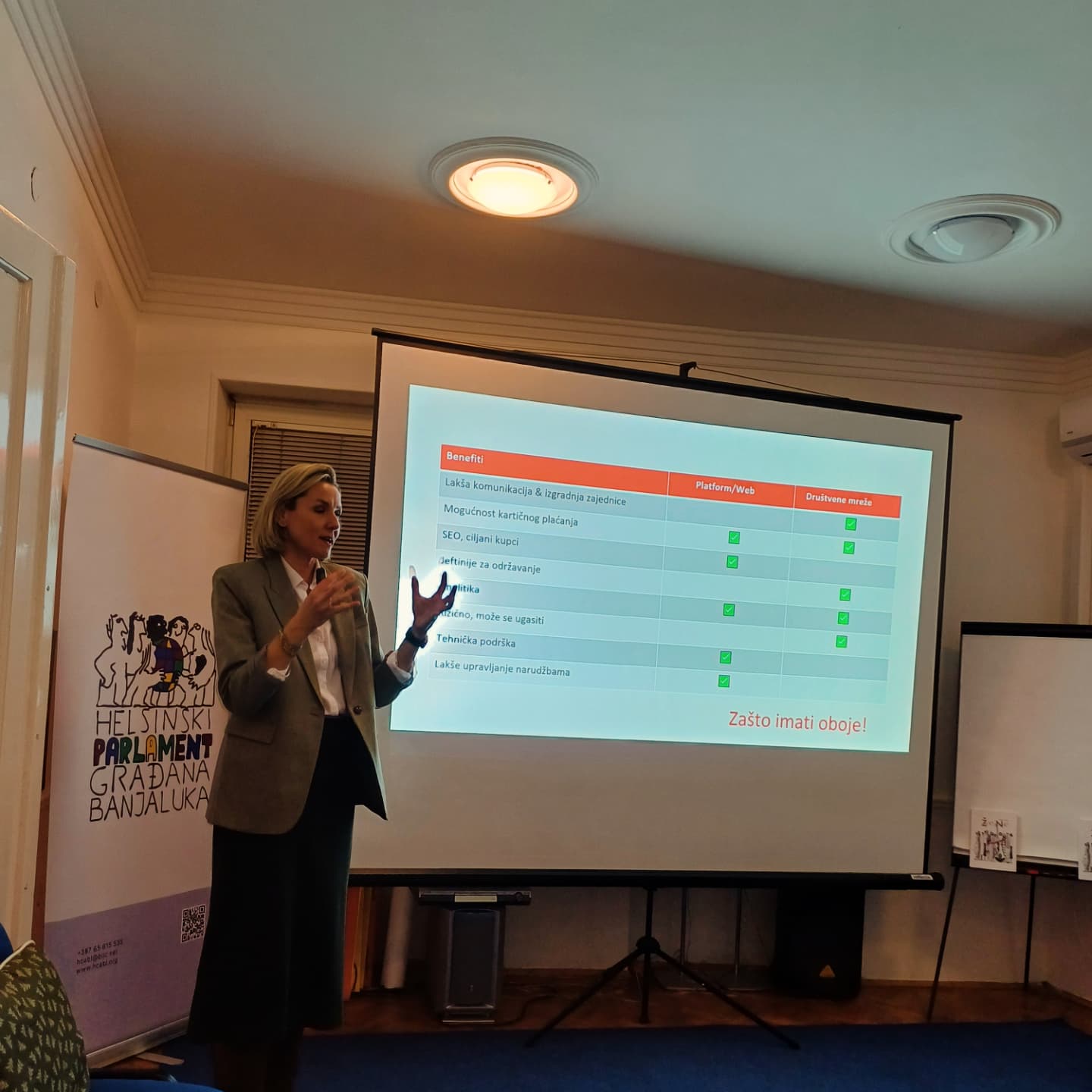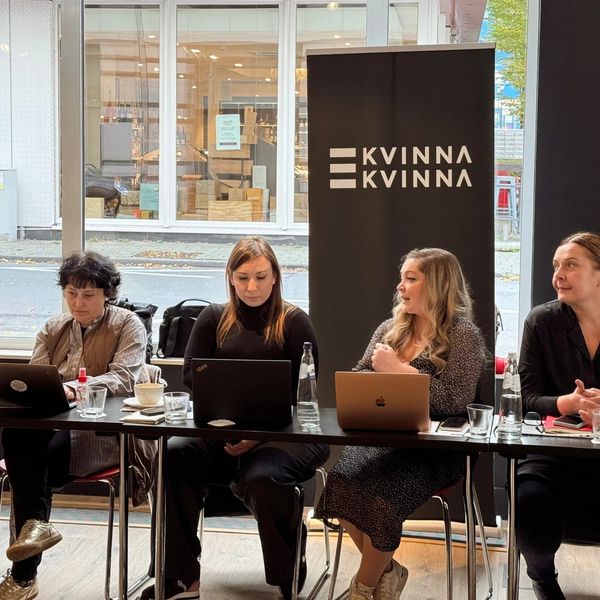When faced with crises, whether natural disasters, conflicts or global pandemics, we often focus on rapid response, aid coordination and recovery strategies. However, in the rush to solve practical problems, we can ignore the importance of the perspective of women and other vulnerable categories of the population. Their participation is not only a matter of gender equality; it is crucial to understanding, solving and overcoming crises in a comprehensive way.
Diversity of Perspectives
Women bring unique perspectives and experiences to crisis situations. Their ability to empathize, considerate and see the bigger picture can often contribute to a better understanding of the needs of a community in crisis. For example, during natural disasters, women can be key bearers of information about the needs of children, the elderly and vulnerable groups that are often neglected in emergency interventions. Their role as guardians of family and community gives them a unique insight into priorities and needs that might be overlooked from a male perspective.
Decision Making in Crises
The role of women in the decision-making process during crisis situations is also of vital importance. Diversity in decision-making, which includes women’s perspectives, can lead to better decisions that take into account the larger picture of community needs. Studies have shown that organizations with more women in their management structures tend to be more effective in crisis management and achieve better long-term results. This is not just a matter of including women for political correctness; it is a strategy to improve efficiency and results in crisis management.
Support and Resilience
Women’s participation in crisis situations is also crucial in building social resilience. Through their roles as caregivers, educators and community leaders, women often play a key role in providing support and rebuilding social bonds after crises. Their ability to mobilize the community, foster solidarity and promote psychological well-being can be crucial to recovery after trauma. Women are often the cornerstone of social networks and support, making them key actors in building community resilience to stress and trauma.
In short, the perspective of women is a necessary component in responding to crisis situations. Their involvement brings diversity, understanding and support that is essential for an effective and comprehensive response to the challenges that arise in times of crisis. Therefore, investing in women’s involvement in planning, decision-making and implementation of crisis response measures not only promotes gender equality, but also strengthens society’s capacity to face challenges and emerge stronger from them. Without respecting and including the perspective of women, our responses to crisis situations will not be complete or sustainable.
Photo: shedefined. com. au





